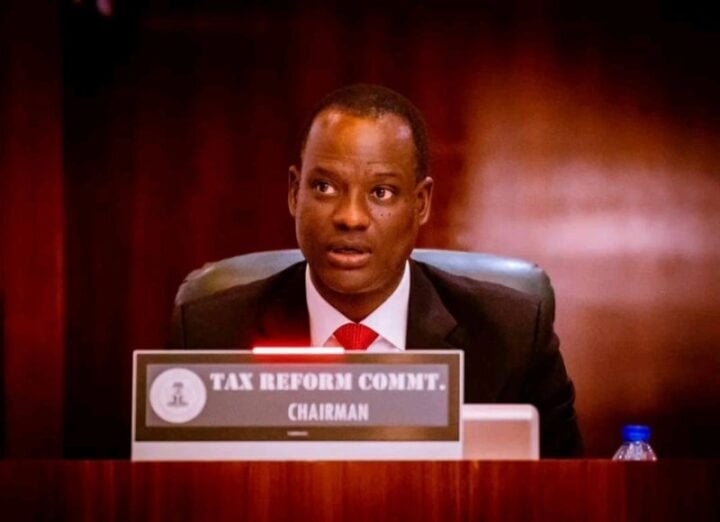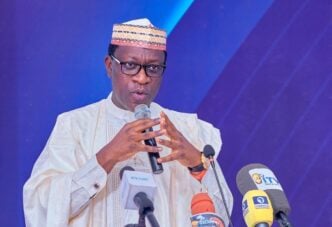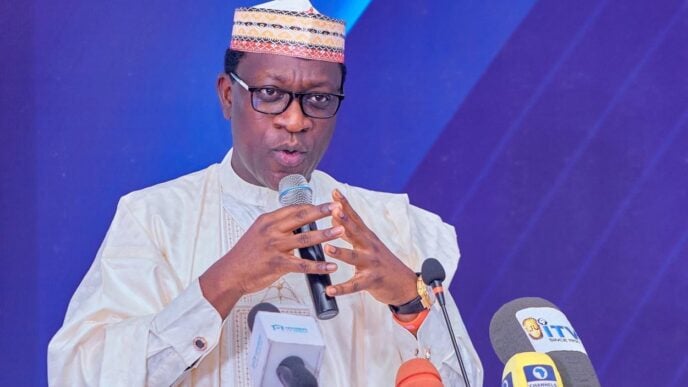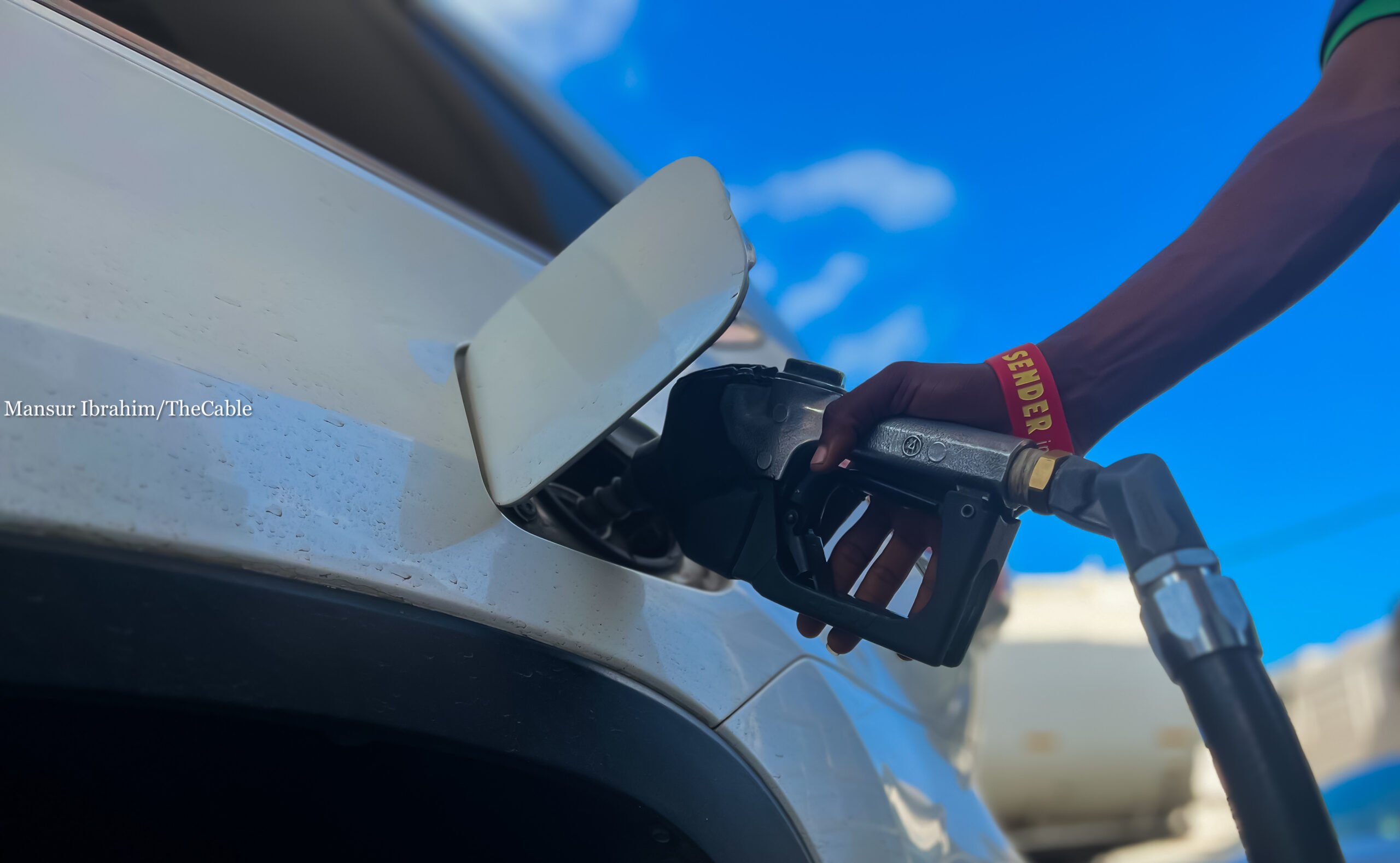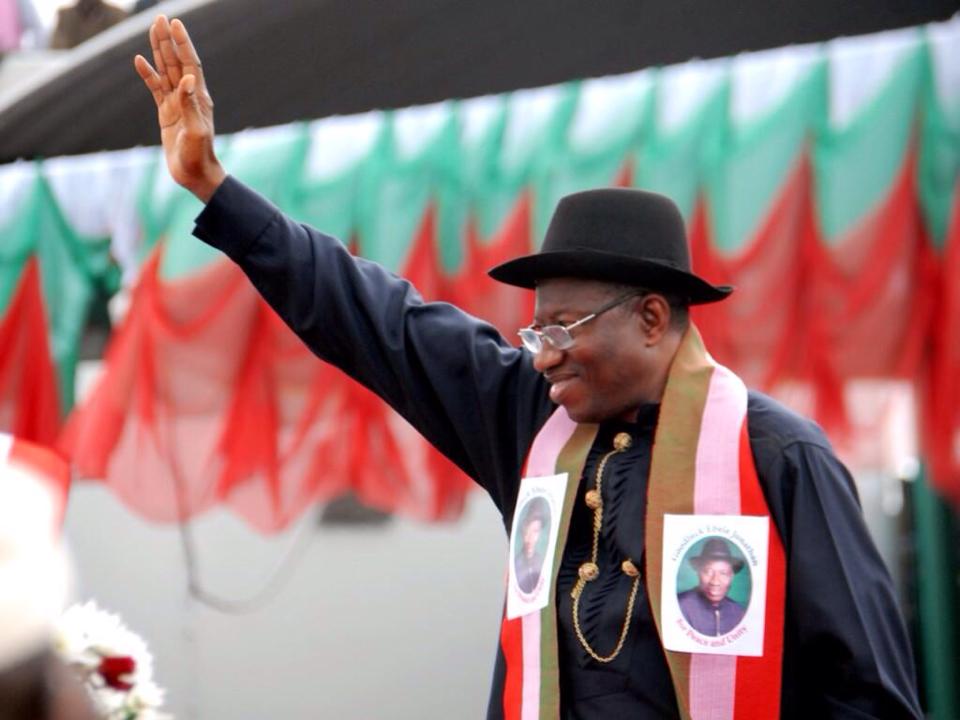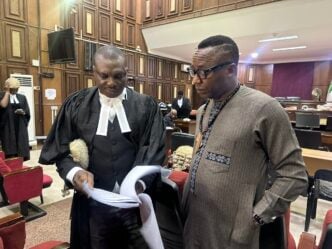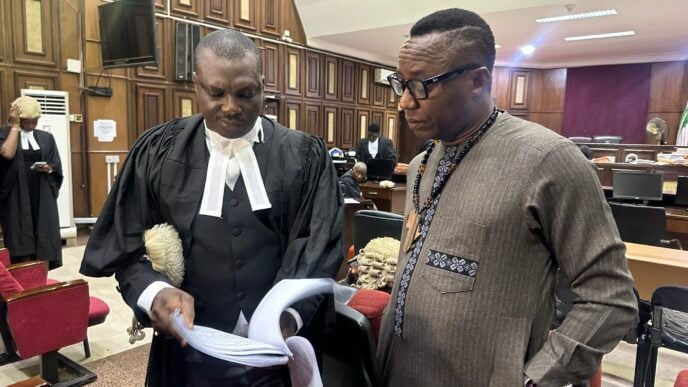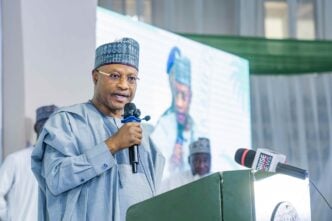The Presidential Fiscal Policy and Tax Reforms Committee says the 5 percent fuel surcharge in the new tax laws is not a new levy introduced by the administration of President Bola Tinubu.
In a frequently asked questions on Saturday posted by Taiwo Oyedele, the committee said the surcharge has existed since the Federal Roads Maintenance Agency (Amendment) Act, 2007, and was only restated in the new tax act for harmonisation and transparency.
The clarification follows concerns that the provision could trigger further hardship on Nigerians.
On July 25, TheCable reported that the new tax law has imposed a 5 percent surcharge on chargeable fossil fuel products.
Advertisement
According to the Tax Act, a fossil fuel product becomes chargeable upon the earliest occurrence of supply, sale, or payment.
Responding to questions, the tax reforms committee said the surcharge was not part of the original tax reform bills submitted by Tinubu to the national assembly, and will not take effect automatically with the new tax laws.
“It will only commence when the Minister of Finance issues an order published in the Official Gazette as stated under Chapter 7 of the Nigeria Tax Act, 2025,” the committee said.
Advertisement
“This safeguard ensures careful consideration of timing and economic conditions before implementation.
The committee added that the surcharge would not apply to all fuel, noting that household kerosene, cooking gas (LPG), compressed natural gas (CNG), as well as clean and renewable energy products, are exempt in line with Nigeria’s energy transition agenda.
On its abolition, the tax reforms committee said the surcharge can not be abolished because it was designed as a dedicated fund for road infrastructure and maintenance.
“If implemented effectively, it will provide safer travel conditions, reduce travel time and cost, lower logistics costs and vehicle maintenance expenses, which will benefit the wider economy,” the committee said.
Advertisement
“This practice is virtually universal with over 150 countries imposing various charges ranging between 20% to 80% of fuel products to guarantee regular investment in road infrastructure.”
‘FUNDS FROM PETROL SUBSIDY REMOVAL NOT ENOUGH FOR INFRASTRUCTURE’
The committee explained that although savings from petrol subsidy removal can support road projects, the funds are not enough to cover Nigeria’s huge and recurring infrastructure needs alongside other fiscal obligations.
The fiscal committee added that the reform does not contradict the administration’s promise of reducing taxes, noting that multiple charges such as VAT on fuel, excise tax on telecoms, and the cybersecurity levy have already been removed or suspended.
Advertisement
The committee said the surcharge has already been taken out of the FERMA Act and integrated into the new tax laws, which are meant to provide a forward-looking framework for Nigeria.
It explained that retaining the provision within a harmonised system ensures the country is better positioned to tackle challenges such as sustainable road financing and climate change.
Advertisement
The measure, the tax reforms committee added, is not for immediate implementation but to guarantee a clear legal basis whenever it becomes necessary.
Advertisement
